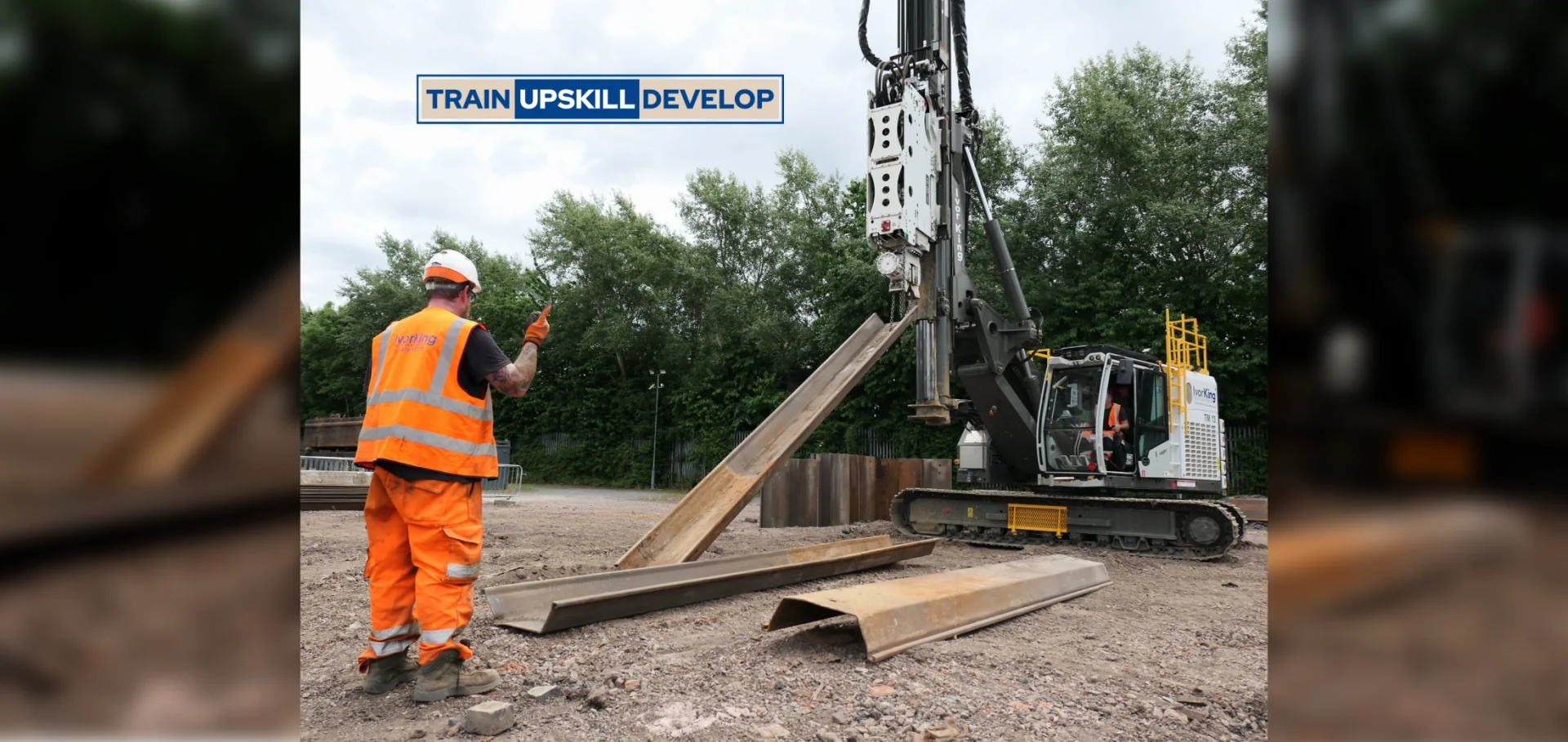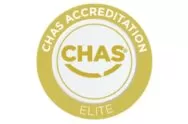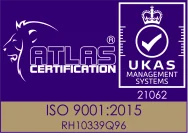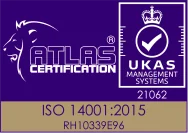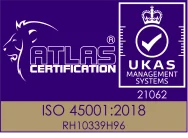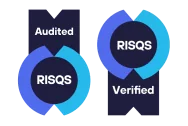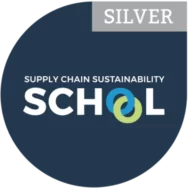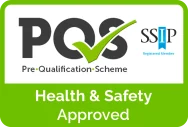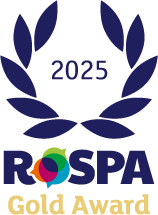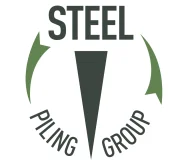Why operator roles matter in 2025
The UK construction sector is entering a period of sustained work across housing, infrastructure and repair, yet an ageing workforce and fewer apprentices mean skilled plant operators are in short supply. CITB’s latest Construction Workforce Outlook notes that the industry must recruit around 47,860 extra workers each year from 2025‑29 to meet demand citb.co.uk. A separate summary of the Construction Skills Network forecast adds that more than 225,000 roles will be needed over five years nutral.uk and highlights that plant operators are one of the few occupations expected to grow by over 1% nutral.uk. In short, trained operators are increasingly valuable, and choosing the right qualifications can open doors.This guide highlights the plant operator roles most sought after in 2025, explains how CPCS and NPORS training prepares candidates, and shows why Ivor King Training stands out as a leading provider.
Top plant operator roles in demand
The following roles reflect those most frequently requested by employers and align with courses offered by Ivor King. Where available, we’ve included links to the relevant course pages and suggested images from the training centre. The job titles below are arranged from the broadest opportunities to the more specialist roles.
Telehandler operator (CPCS A17) and 360° slew operator (CPCS A77)
A telehandler (also known as a reach forklift or zoom boom) is a staple on construction sites for moving materials, loading lorries and lifting pallets. The CPCS A17 ticket covers general telehandler operation. For more complex projects—such as confined urban sites, modular construction or lifting with a winch—operators can upskill with the CPCS A77 qualification, which teaches how to operate a 360° rotating telehandler (Roto) with crane‑like capabilities.
Course links:
- CPCS A17 – Telescopic Handler
- CPCS A77 – 360° Slew Telehandler
- Typical course length: 3-9 days, depending on experience
- Why it’s in demand: Telehandlers are the workhorses of construction. Adding the A77 ticket enables operators to tackle specialist lifting tasks and reduces the need for separate crane hire.
Crawler crane operator (CPCS A02 and NPORS N103)
Crawler cranes are used for heavy lifts on foundations, piling and large industrial projects. CPCS A02 is widely recognised on major contracts and covers cranes over 10 tonnes. NPORS N103 offers an alternative path with the same core skills but a more flexible delivery route. Both qualifications teach machine set‑up, load chart interpretation, signalling and safe lifting procedures.
Course links:
- CPCS A02 – Crawler Crane over 10 tonnes
- NPORS N103 – Crawler Crane
- Typical course length: 4-10 days
- Why it’s in demand: Infrastructure and piling projects require skilled crawler crane operators. Given the shortage of experienced drivers, qualifying in either scheme opens up high‑value roles.
Slinger/signaller (CPCS A40 and NPORS N402)
A slinger/signaller acts as the eyes and ears of the crane operator, using hand and radio signals to guide lifts and ensure safe slinging of loads. The role is essential on every site where lifting operations take place. The CPCS A40 qualification (usually the A40a – All Duties variant) covers signalling, slinging, and understanding crane dynamics. The NPORS equivalent (N402) offers similar competencies and may suit experienced operatives seeking a cost‑effective route.
Course links:
- CPCS A40 – Slinger Signaller
- NPORS N402
- Typical course length: 3 days
- Why it’s in demand: Every crane and telehandler lift requires a qualified slinger/signaller. The role is a common entry point for lifting careers and a stepping stone to supervisory positions.
Crane/lifting supervisor (CPCS A62 and NPORS N405)
Supervisors plan and oversee lifting operations, ensuring compliance with BS 7121 and producing method statements and lift plans. CPCS A62 and NPORS N405 courses teach risk assessment, selection of lifting accessories, supervising teams and maintaining safety records.
Course links:
- CPCS A62 – Crane/Lifting Supervisor
- NPORS N405 – Crane Supervisor
- Typical course length: 3 days
- Why it’s in demand: With bigger lifts and multiple cranes on modern projects, competent supervisors are essential. Experience as a slinger/signaller or crane operator makes this a natural progression.
Plant & Vehicle Marshall (CPCS A73 / NPORS N133) and site logistic roles
Managing vehicle movements and site logistics remains crucial for safety. CPCS A73 and NPORS N133 qualifications prepare candidates to guide plant and vehicles around congested sites using recognised signals and communication methods.
Course links:
- CPCS A73 – Plant and Vehicle Marshal
- NPORS N133 – Plant & Machinery Marshal
- Typical course length: 2 days
- Why it’s in demand: Improving logistics reduces accidents and delays. Employers value marshals who can manage mixed plant fleets and coordinate deliveries.
Why choose Ivor King for plant operator training?
To succeed as a plant operator, practical competence and safety awareness are non-negotiable. Ivor King is not just a training provider — as a specialist piling and civil engineering contractor, we run a Nuneaton training centre that replicates real site conditions with modern plant and experienced instructors. This dual role means our courses are built around real-world challenges and current industry standards. Key elements and benefits:
- Experienced, contractor-led trainers: Delivered by a specialist piling & civils contractor; instructors have decades of on-site experience.
- Real equipment and environment:Training on crawler cranes, telehandlers (incl. Manitou Roto for A77), excavators and piling rigs – not simulators.
- Accredited pathways: CPCS and NPORS training and testing with cards recognised across UK contractors and projects.
- Safety and compliance embedded: BS 7121 signalling, exclusion zones, load charts, pre-use checks, lift planning and risk assessment built into every session.
- Effective delivery: Low tutor-to-learner ratios, structured practice and clear feedback to reach assessment standard with confidence.
- Convenient Midlands location: Purpose-built centre in Nuneaton (Midlands) with realistic lift areas and classrooms, close to major motorway links.
- Progression and employability: Routes from A17 → A77 and Operator → Slinger/Signaller → Lifting Supervisor, plus guidance on NVQs and card renewals.
- Post-course support: Help with paperwork, next-step advice and employer liaison where appropriate.
Soil displacement is carefully managed throughout the process, helping to maintain ground stability and minimise surface settlement or movement.
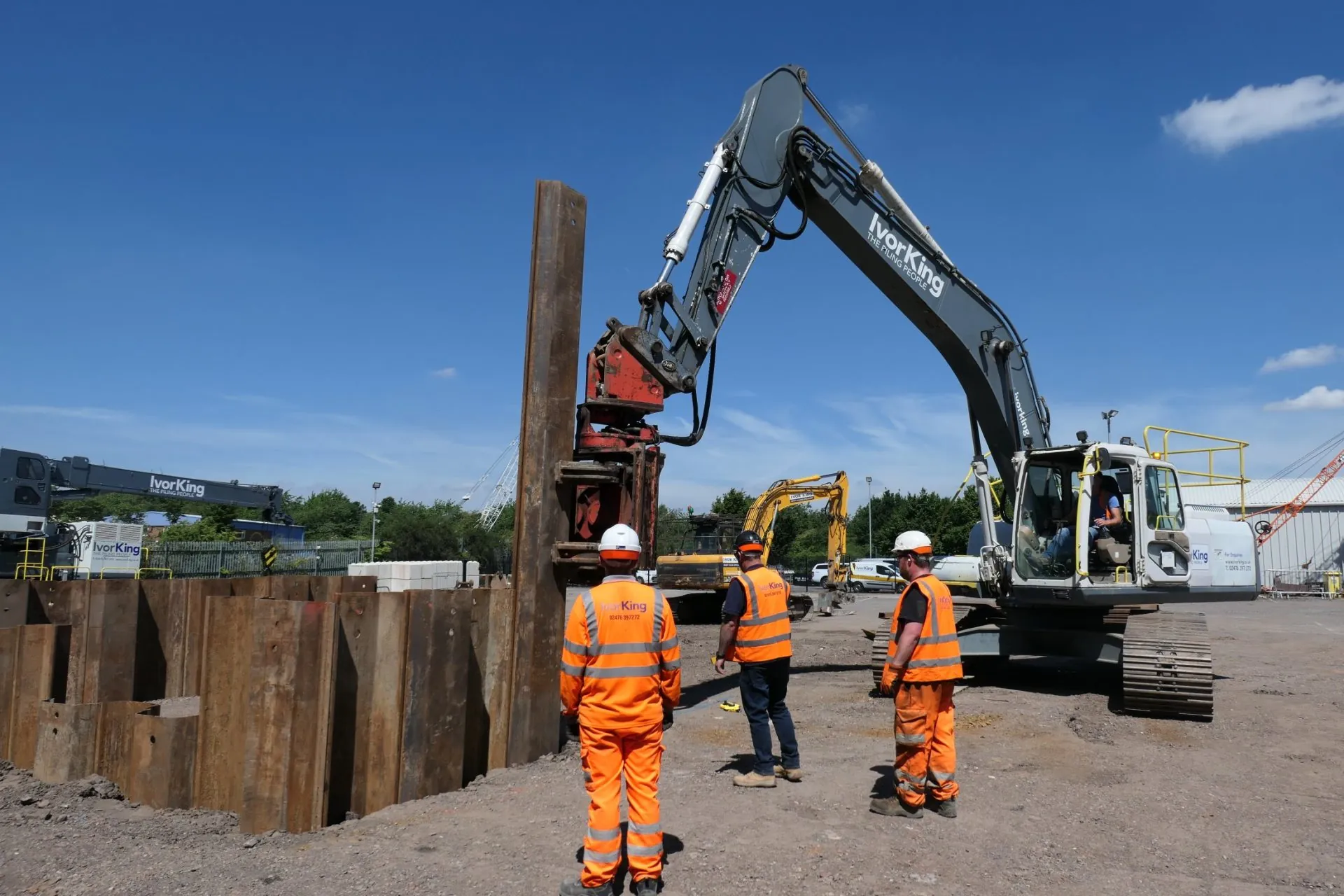
A plant operator controls heavy machinery such as telehandlers, cranes, excavators and dumpers to move materials, excavate, lift and perform other tasks on construction sites. Operators must understand how their machine works, carry out pre‑use checks, follow signals from the slinger/signaller and work safely in a busy environment.
Most roles require certification from an accredited scheme. In the UK, that usually means holding a CPCS or NPORS card for the machine you intend to operate. Some courses require a basic level of site experience or an understanding of maths and communication; however, many entry‑level courses, such as CPCS A17 Telehandler, are open to complete novices.
Course lengths vary by machine and your prior experience. Telehandler and slinger/signaller courses typically run for three days, crawler crane courses last about five days, and plant & vehicle marshal training can be completed in a day. Experienced operators can often sit shorter “experienced worker” assessments.
Course lengths vary by machine and your prior experience. Telehandler and slinger/signaller courses typically run for three days, crawler crane courses last about five days, and plant & vehicle marshal training can be completed in a day. Experienced operators can often sit shorter “experienced worker” assessments.
For most plant categories, a road driving licence isn’t required because machines operate on private sites. However, if your role involves driving on public highways (for example, moving a telehandler between sites or towing a trailer), a suitable driving licence and vehicle insurance will be necessary.
Salaries depend on the machine, location and level of experience. Newly certified telehandler or slinger operators often earn between £25,000 and £35,000, while experienced crane operators and supervisors can command £40,000–£60,000 per year or more. Overtime, weekend work and shift allowances can boost earnings further.
CITB forecasts that construction needs almost 48,000 extra workers every year to 2029 citb.co.uk. Plant operator roles feature among the limited number of occupations predicted to grow by more than 1 % nutral.uk. With ongoing infrastructure projects, housing schemes and repair works, qualified operators are likely to remain in demand.
Check the requirements of the projects or employers you’re targeting. Tier‑1 contractors often insist on CPCS; smaller contractors and hire firms may accept NPORS. If you plan to progress to complex lifting roles, CPCS may offer more options. If you need a flexible, cost‑effective pathway, NPORS is a strong alternative.
Next Steps
To start or advance your career as a plant operator, explore Ivor King’s full range of courses and speak to our team about the right route for you. Visit Ivor King – Training Courses for booking information and full course details.
